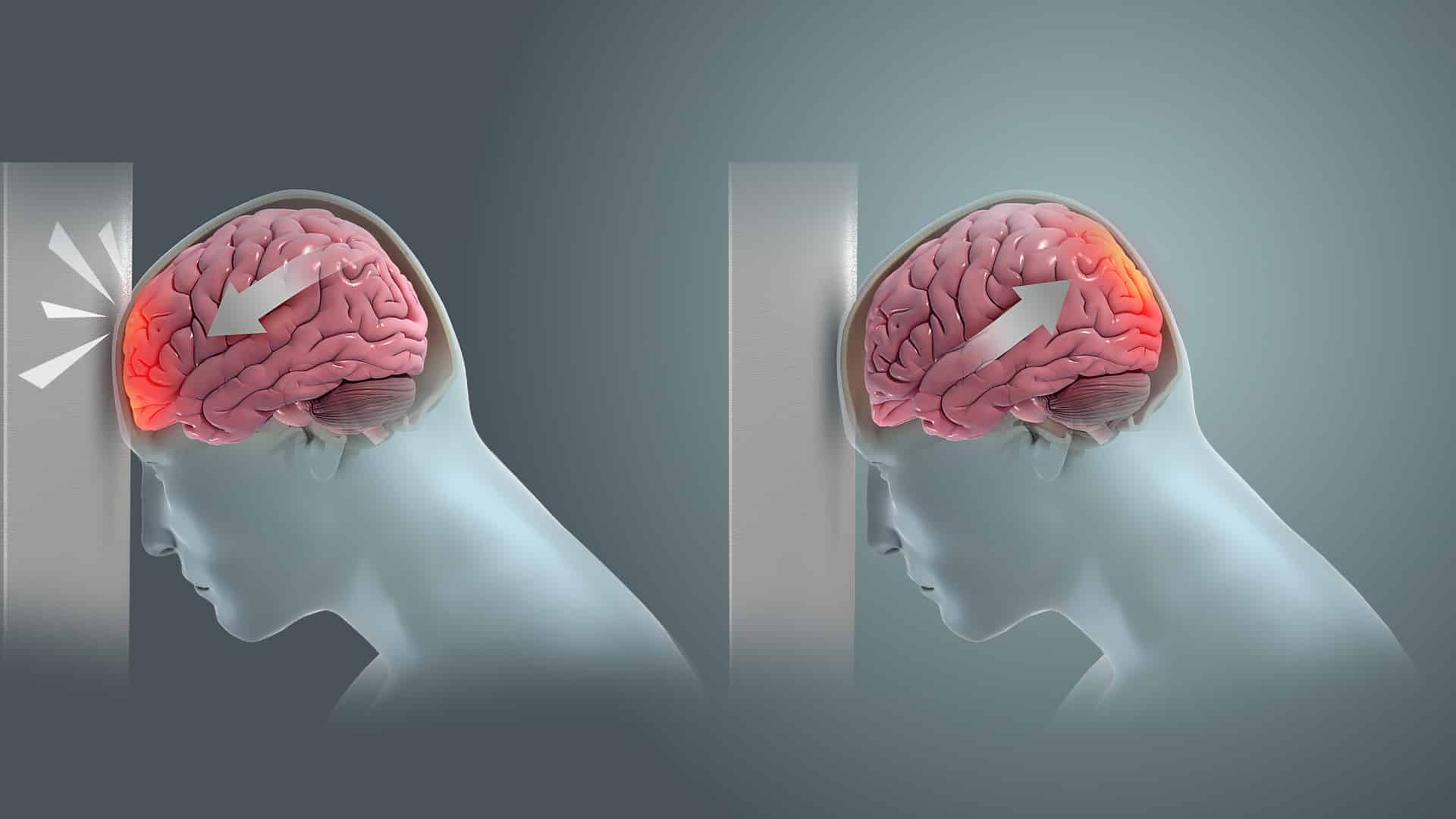Concussions early in life can cause cognitive decline later — even after you’ve healed

“I'm sorry, but were you dropped on your head as a baby?" That's a quite common passive-aggressive insult, code for "Are you stupid?"
I've had this insult directed at me (and by extension my parents, I guess) on more than one occasion, yet in the back of my mind, I couldn't help wondering: Can you really suffer cognitive damage from a childhood concussion that can come back to haunt you in your dimwit adulthood? According to a new study, yes you can.
Researchers at Duke University found that people with traumatic brain injuries in earlier life who appear to have fully recovered since then may be at increased risk of cognitive problems and dementia later in life. They arrived at this conclusion after studying pairs of identical twins, some of whom suffered concussions in their youth while their counterparts didn't.
“Among identical twins, who share the same genes and many of the same exposures early in life, we found that the twin who had a concussion had lower test scores and faster decline than their twin who had never had a concussion,” said study author Marianne Chanti-Ketterl of Duke University.
The study involved 8,662 World War II veterans who underwent a battery of cognitive tests at the beginning of the study, around the age of 67. They then were tested up to three more times over the span of 12 years.
The average score at the study's outset was 32.5 out of a possible 50 points. Around 25% experienced a concussion — also known as a traumatic brain injury (TBI) — at least once in their lives, as reported by the participants themselves.
The Twin Connection
Twins with a history of concussion, especially those who lost consciousness or were over 24 at the time of the injury, displayed lower test scores by age 70. For instance, a twin who had a traumatic brain injury after turning 24 scored 0.59 points lower than his uninjured counterpart by age 70. Moreover, their cognitive abilities declined faster, at a rate of 0.05 points annually.
Since the siblings share virtually identical genes and grew up in the same household, sharing more or less the same early life environment, the main variable that separates the two is a history of concussions.
These findings remained consistent even after accounting for other potential cognitive influencers like high blood pressure, alcohol consumption, smoking habits, and educational background.
However, it's essential to approach these findings with a grain of salt. One limitation of the study is its reliance on participants' self-reported traumatic brain injuries. This means some injuries might have been forgotten (umm...) or inaccurately reported.
Still, the study offers a compelling look into the potential long-term effects of concussions, reminding us of the intricate and lasting ways our experiences shape our cognitive futures. For better or for worse.
The Bigger Picture

The notion that a concussion can cause cognitive decline later in life after the traumatic injury has subsided makes sense. Mounting evidence shows, for instance, that repeated blows to the head can cause a degenerative brain disease known as chronic traumatic encephalopathy, or C.T.E. for short.
C.T.E. was first identified in boxers in the 1920s and later burst into prominence starting in 2005 when doctors shared their posthumous diagnosis of N.F.L. Hall of Fame center Mike Webster. Since then, a number of football, rugby, and contact sports athletes have been diagnosed with C.T.E, with their disease severity closely linked to the number of years spent playing collision sports. One striking 2017 study found of 111 N.F.L. players, 99% had C.T.E.
The new findings highlight the major cognitive price that many American veterans may have to pay in the future for their service. Between 2000 and 2020, half a million military personnel suffered a traumatic brain injury during their deployments in Iraq, Afghanistan, and elsewhere.
"While the effects observed are modest, the cumulative impact of TBI on cognition, combined with other detrimental factors, might be significant enough to warrant an evaluation for cognitive impairment," Chanti-Ketterl points out.
"The long-term implications of TBI are too significant to ignore. Recognizing these early signs can pave the way for interventions that might delay or even prevent dementia."
The findings appeared in the journal Neurology.









